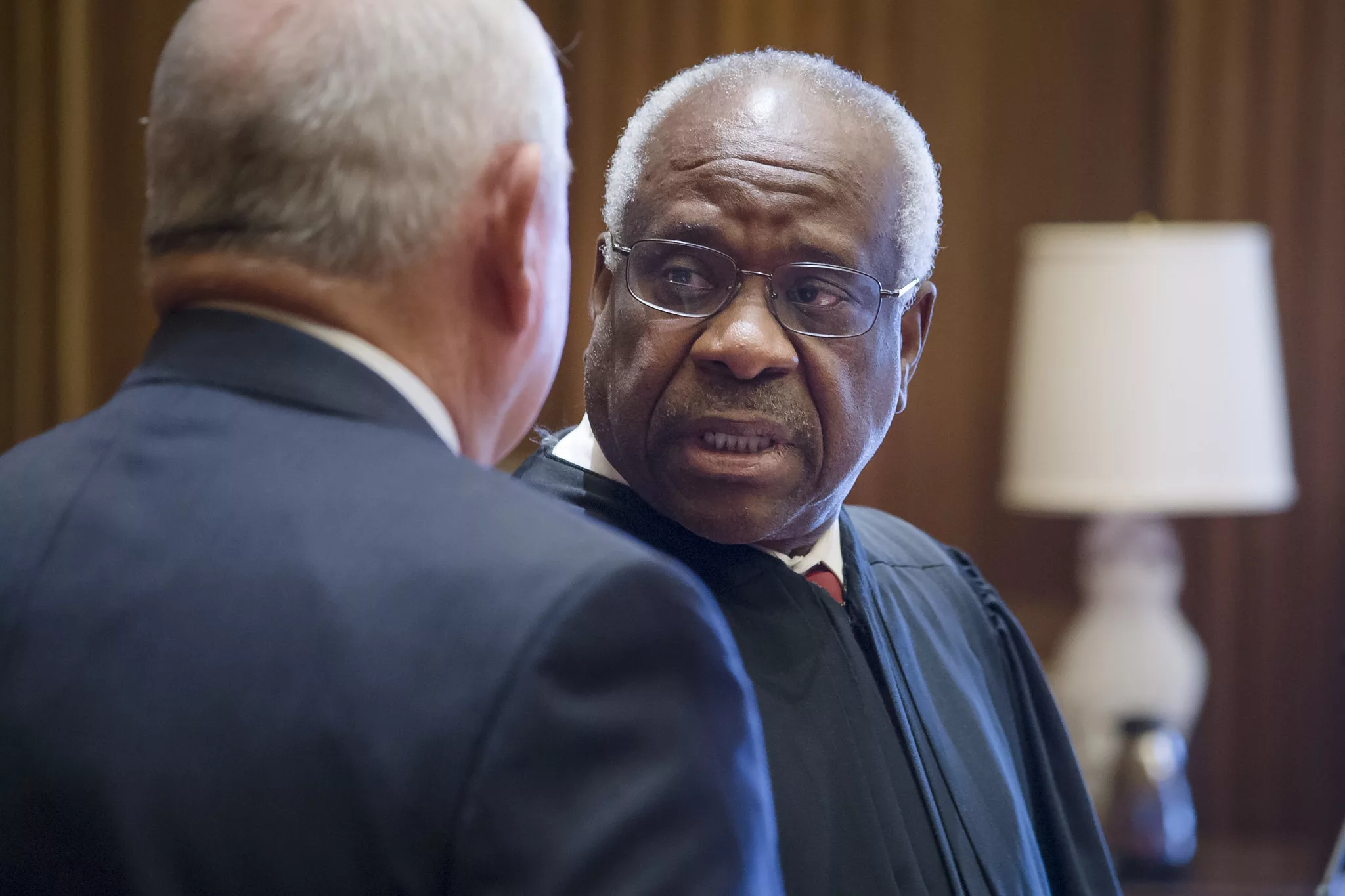- Messages
- 34,310
- Reaction score
- 5,822
- Points
- 288
Supreme Court injustice: ‘legal innocence’ is not enough
As the Supreme Court term draws to a close, attention is understandably focused on the big-ticket cases. Lost in the shuffle is Jones v. Hendrix, a habeas corpus case brought by a federal prisoner who was convicted 23 years ago, and who still has several more years to serve on his 327-month sentence, for being a felon in possession of a firearm and making false statements to acquire a firearm. Americans who pay attention to the Supreme Court need to be aware of this decision because it offers a disturbing perspective on the Court as currently constituted.Lots of people who find themselves charged with criminal offenses claim they are innocent. Mostly, they mean they didn’t “do it.” They may claim it’s all a case of mistaken identity, or they may claim an alibi (i.e., they were somewhere else at the time). But sometimes — and it’s rare — the claim is that, whether or not they “did” what they are said to have done, it wasn’t a crime.
This kind of claim rests on the notion that the criminal statute, properly interpreted, simply doesn’t cover the defendant’s conduct. This is called “statutory innocence” or “legal innocence.” A person cannot be convicted based on conduct that is not criminal under some statute. But what if the correct interpretation of the statute is not handed down until after, maybe long after, the person is convicted and regular appellate review has been completed?
More here:


